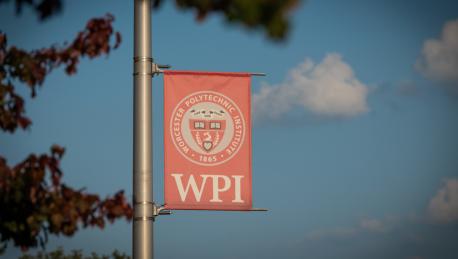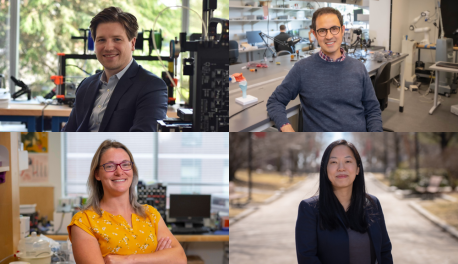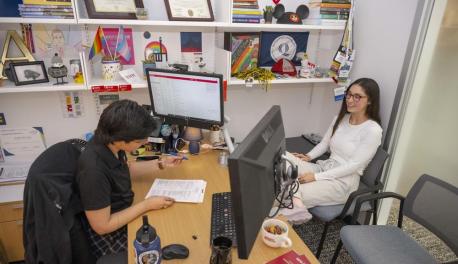

The overall objectives of my research are to develop clinically translatable tissue regeneration and drug delivery strategies, and three-dimensional, in vitro human disease models using biologically-derived biomaterials. We will utilize techniques from engineering, chemistry and biology to address these research areas, including chemical modifications to alter drug-material interactions, small molecule and macromolecule conjugates to direct cell fate, and multi-cellular tissue/disease systems for paracrine signaling and direct cell-cell interactions. My research is focused on biomaterials and their applications in tissue engineering and drug delivery. During my PhD, I worked with photo-crosslinked PEGDA hydrogel systems to study repair strategies for articular cartilage diseases. I also developed low density, bioactive-electrospun fiber scaffolds for repair of articular cartilage defects. My postdoctoral research used silk fibroin proteins from Bombyx mori silkworm cocoons for (1) drug delivery systems for oncology therapeutics and HIV treatment/prevention and (2) tissue regeneration of the kidney and pancreas. In the lab and the classroom, I truly enjoy teaching. I am especially excited to mentor students on their Major Qualifying Projects. I strive to ensure that students are able to (1) apply theoretical concepts to practical applications and (2) fully understand the tasks being performed.
Scholarly Work
Coburn JM, Na E, Kaplan DL. (2015) Modulation of vincristine and doxorubicin binding and release from silk films. Journal of Controlled Release Society, 220(Pt A):229-38.
Coburn JM, Kaplan DL. (2015) Engineering biomaterial-drug conjugates for local and sustained chemotherapeutic delivery. Bioconjugate Chemistry. 26(7):1212-23.
Ashari N, Pang HW, Simon T, Xiong Y, Coburn JM, Bromberg JS, Kaplan DL, McLenithan J, Fontaine MJ. (2018). Silk fibroin preserves beta cell function under inflammatory stress while stimulating islet cell surface GLUT2 expression. In Press - Cell Immunology.
Montalbán MG, Coburn JM, Lozano-Pérez AA, Cénis JL, Víllora G, Kaplan DL. (2018) Production of curcumin-loaded silk fibroin nanoparticles for cancer therapy. Accepted - Journal of Nanotechnology.
McGill M, Coburn JM, Partlow B, Mu X, Kaplan DL. (2017) Molecular and macro-scale analysis of enzyme-crosslinked silk hydrogels for rational biomaterial design. Acta Biomaterialia. 63:76-84.
Coburn JM, Gibson M, Monagle S, Patterson Z, Elisseeff JH. (2012) Bioinspired nanofibers support chondrogenesis for articular cartilage repair. Proceedings of the National Academy of Sciences of the United States of America, 109(25):10012-7.
Announcements
Patents



